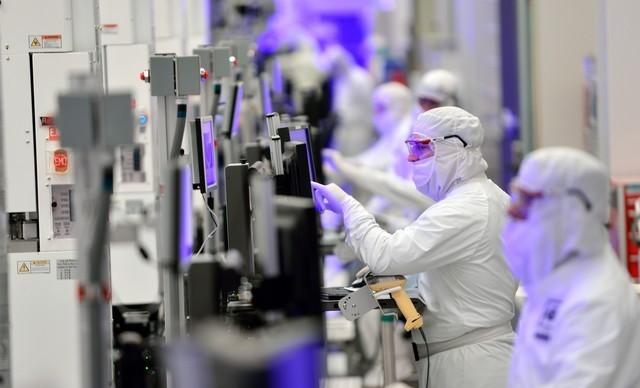Citing Internet news, the core research institute quoted Internet news, close to the end of the year, sources said that in 2022 wafer foundry capacity supply will still be tight, because the global IC shortage has not yet eased, IC design companies are continuing to seek more capacity support, although the demand for some chips such as consumer MCUs is slowing down and inventory is rising.
"Since the outbreak of the epidemic in 2020, the demand for remote work and learning and 5G and AI applications has continued to outstrip demand, mainly due to the lack of expansion of wafer foundries," the source said, "The current global epidemic has not been alleviated, and most new fab capacity can not be launched before 2023, which will make the chip supply crisis continue, especially automotive and network chips will face the most serious crisis." ”

The source stressed that although the demand for notebook applications has shrunk significantly since the second half of 2021, and the industry has repeatedly speculated that the entire semiconductor supply chain may enter a downturn, from the perspective of suppliers' operating performance, the overall semiconductor supply is still in short supply.
Chip requirements are now being rotated for different applications, sources said. Demand for Chromebooks, for example, did decline in the third quarter, but the gap was quickly filled by the commercial notebook segment; while demand for consumer MCUs declined, automotive chips, network chips, and power management ICs (PMICs) remained in severe shortage.
Separately, sources pointed out that a series of structural changes in semiconductor demand have brought strong growth momentum to wafer foundries, including the acceleration of digital transformation in different fields by the epidemic, the surge in 5G, AI and HPC applications, and multiple innovative applications for mobile phones and electric vehicles.
"This has allowed TSMC, UMC, World Advanced, LCC, GF and SMIC to see clear orders and growth prospects over the next 2-3 years, prompting them to boldly expand production capacity." The source added.
(7830168)